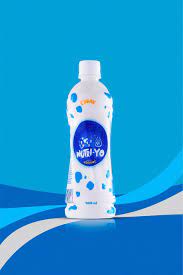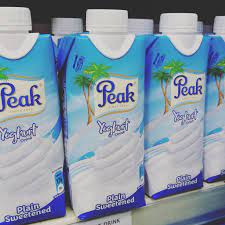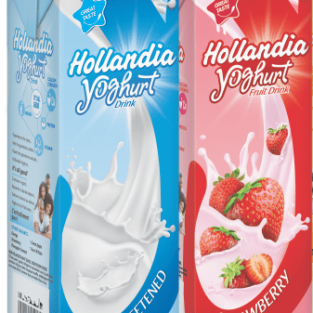Yogurt
What is Yogurt
Yogurt is a dairy product derived from the fermentation of milk with bacterial yogurt culture. It contains protein and calcium, and it may help to boost healthy probiotic gut bacteria.
The culture ferments the lactose, the natural sugar found in milk. This produces lactic acid, which gives yogurt its distinctive flavor.
Yogurt comes in a variety of flavors with varying levels of nutritional value.
Learning how to make yogurt at home is very interesting and I encourage you to read it.
Types of Yogurt
Yogurt can be a great snack for those trying to manage their blood sugar because of its protein. When shopping for yoghurt, keep the amount of added sugar in mind.
There are different types of yogurt
- Original yogurt: This is your standard, everyday yoghurt. You can get whole milk yoghurt, low-fat yoghurt, or nonfat yoghurt, just like milk. Most people are familiar with this type of yoghurt. Holandia yoghurt and Peak milk yoghurt are two popular brands.
- Low-fat or non-fat: Low-fat, or reduced-fat yogurt, is made with 2 percent milk. Non-fat yogurt is made with zero percent or skim milk.
- Greek yogurt: Greek yoghurt is creamy and thick. It is more heat resistant than regular yoghurt and is frequently used in Mediterranean-style cooking and dips.
It is made by straining regular yoghurt further to remove the liquid whey.
However, some frozen yogurts contain the same amount of sugar or more as regular ice cream. - Icelandic yoghurt: This yogurt is also known as skyr. It’s strained longer, therefore removing more whey liquid and making it even thicker. When it comes to taste, it has less tang than plain Greek yogurt.
- Frozen yogurt: Frozen yogurt is a frozen dessert made with yogurt and sometimes other dairy and non-dairy products. Frozen yogurt is a frozen product containing the same basic ingredients as ice cream, but contains live bacterial cultures. Frozen yogurts are often seen as a healthful alternative to ice cream.
- Non-dairy yogurt: Non-dairy yogurt alternatives include soy yogurt and coconut milk yogurt.
Benefits of Yogurt
Probiotics
Some Yogurt has probiotics added to them. Probiotics are a type of healthy bacteria introduced into the yogurt as a culture. Some research has suggested that probiotics can boost the immune system, help with weight management, and reduce the risk of cancer.
Consuming yogurt and other probiotic foods may enhance the absorption of vitamins and minerals.
Lactose intolerance
Yogurt has a low lactose content, so a person with a lactose intolerance will likely find it more tolerable than milk. It also contains bacteria that aid digestion.
Weight management
Greek yogurt in particular has several properties that may help with weight management.
For starters, it’s high in protein, which works along with calcium to increase levels of appetite-reducing hormones like peptide
Showing all 3 resultsSorted by latest






